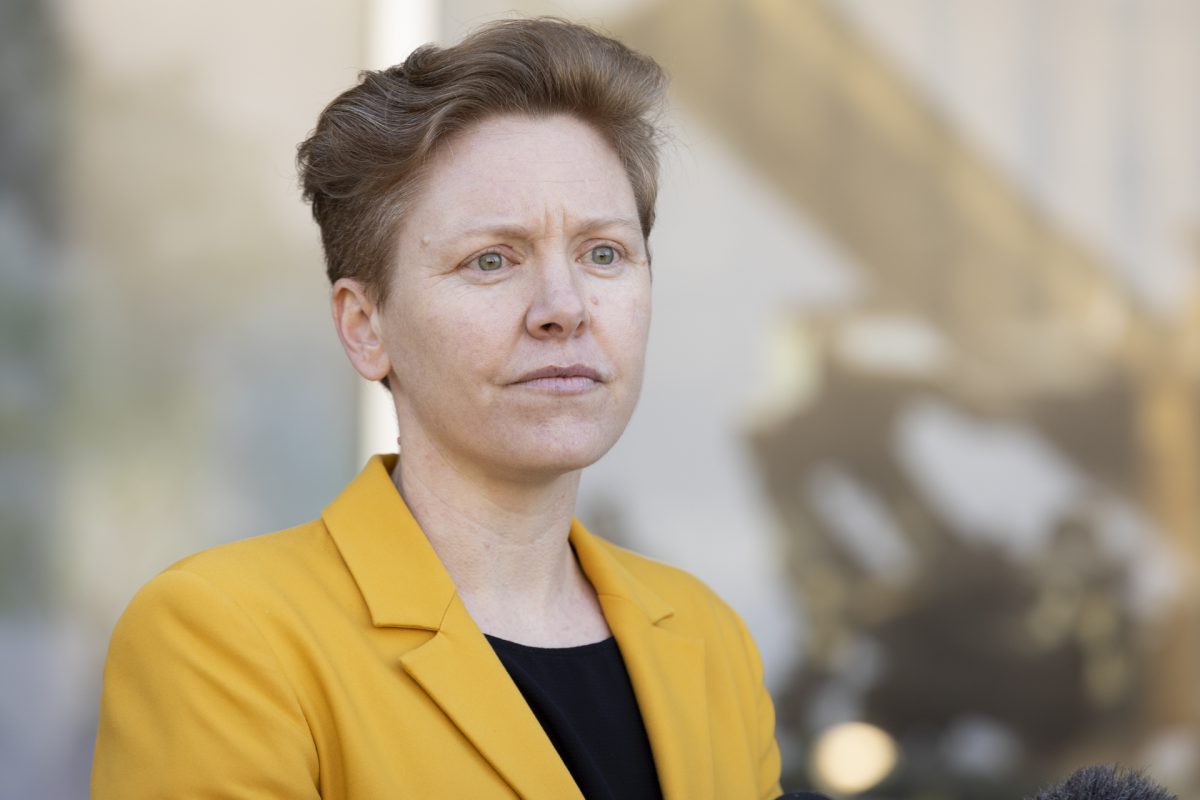
In a statement to the Board of Inquiry, ACT Victims of Crime Commissioner Heidi Yates said DS Moller used a “harsh tone” to address her and Brittany Higgins. Photo: Michelle Kroll.
A senior police officer involved in the Bruce Lehrmann case told the Board of Inquiry that it was “inappropriate” for ACT Victims of Crime Commissioner Heidi Yates to act as a support person for Brittany Higgins and that it made the investigation “difficult”.
“The investigators working on the actual investigation found it upsetting,” Detective Superintendent Scott Moller told the inquiry on Tuesday (23 May).
“From my observations, the investigators appeared to be nervous when they were interacting with Ms Yates. They weren’t comfortable, and certainly the feedback I had from the team was … the process was more difficult in that they couldn’t communicate freely. They felt often that Ms Yates was speaking for Ms Higgins and not allowing Ms Higgins to speak.”
DS Moller reiterated this view in his statement, saying that Ms Yates’ involvement “intimidated my staff and made investigators question their strategy”.
He added that he “personally found her involvement frustrating and cumbersome” and that “the VCC was attempting to place a barrier between investigators and the alleged victim”.
He said that he was “upset” by a comment made by Ms Yates that Ms Higgins could not stop engaging with media because “she is the face of the movement now”.
“I remember being mad that the VCC was using the investigation as a voice for reform before the trial had even been conducted,” he continued.
In cross-examination from Director of Public Prosecutions Shane Drumgold SC’s counsel Mark Tedeschi KC, DS Moller was asked about the police’s decision to interview Ms Yates. Mr Tedeschi claimed that there was no “genuine reason” for her to be interviewed and suggested that the DPP had not been consulted or given his permission for Ms Yates to speak to police.
He asked DS Moller whether he had been aware that taking a statement from Ms Yates might make her a witness in the case and mean she would no longer be able to act as Ms Higgins’ support worker, but he said he had not considered this.
In questioning on Monday (22 May), DS Moller said that he was concerned Mr Drumgold might be collecting information against the police to use at a later date and, as a result, police officers involved in the case wanted to “absolutely make certain we were doing everything perfectly”.
However, Mr Tedeschi suggested that “if you really wanted to do everything perfectly, you would have made sure the DPP was consulted” about the interview with Ms Yates.
On Monday and Tuesday’s hearings, DS Moller was asked about the second evidence-in-chief interview conducted by police with Ms Higgins to clarify inconsistencies in her evidence. In Ms Yates’ statement, she said that DS Moller and other officers wished to join the discussion and that he told Ms Higgins and Ms Yates that “things are going to get much harder from here”.
According to Ms Yates, DS Moller used a “harsh tone” and “indicated there should not be any further contact with the media”.
DS Moller was asked whether this exchange was in line with the victim-centric approach of police, which he said in earlier questioning “guides our doctrine or ethos”. He agreed this “wasn’t directly in line with a victim-centric approach”, but he denied he used a harsh tone during the conversation.
Mr Tedeschi returned to this topic on Tuesday, asking DS Moller whether “at a certain stage while you were speaking to Ms Higgins … the tone of the conversation changed”, to which he said he didn’t recall.
He asked DS Moller whether he thought it could be “confronting” for a complainant to have inconsistencies put to them in the presence of several police officers.
“I think our whole strategy … is to make them feel comfortable so it’s not confronting, so it’s not damning,” he responded.














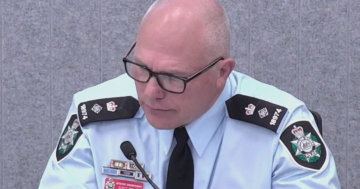
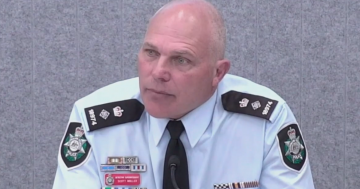
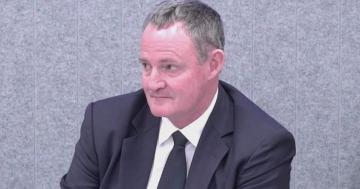
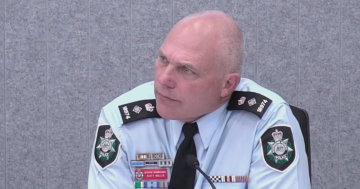
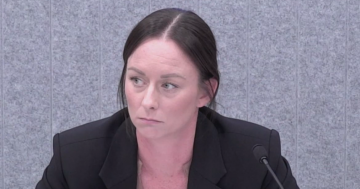


Yuri Shukost maybe we can get a rare earth deal with Ukraine in return for our funding View